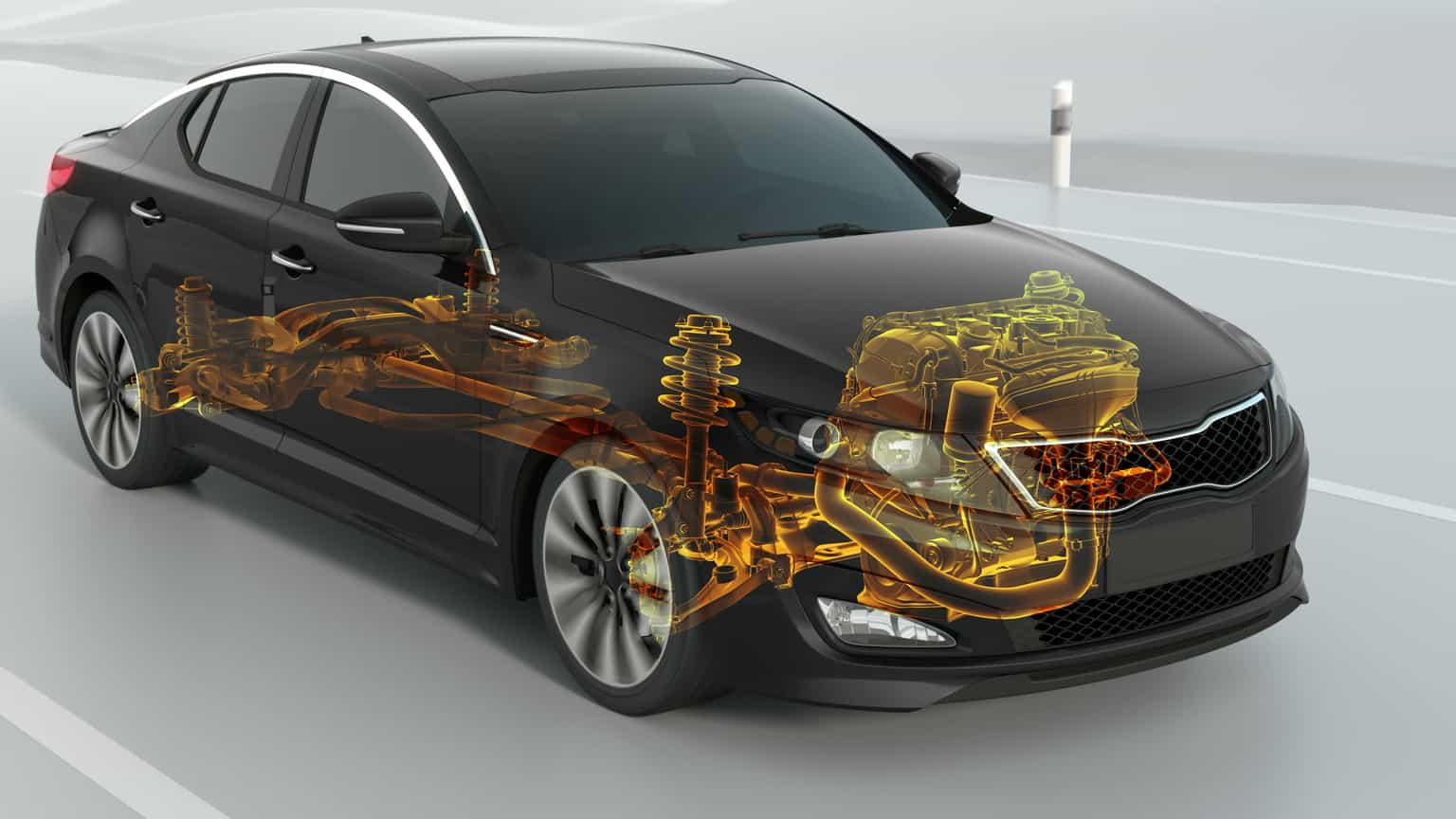Why Used Engines for Sale Are a Smart Selection for Your Next Automobile Repair Work
Why Used Engines for Sale Are a Smart Selection for Your Next Automobile Repair Work
Blog Article
Essential Considerations for Guaranteeing Quality and Longevity in Used Engines
When thinking about the purchase of an utilized engine, ensuring its high quality and long life needs a complex strategy. Maintenance background is a crucial aspect, as it offers understanding into the engine's previous treatment and potential future reliability. Past documentation, an in-depth inspection of physical elements-- such as belts, hose pipes, and seals-- can expose concealed concerns. Efficiency screening is also critical, using a picture of the engine's functional performance. Nevertheless, recognizing the subtleties of these assessments and their effects can be intricate. What are the essential techniques that can be utilized to navigate this elaborate examination procedure efficiently?
Engine History Assessment
In the world of used engines, a complete engine history examination is critical to making sure top quality and integrity. Recognizing an engine's past can give vital insights right into its efficiency capabilities and potential future durability.
Engines that have actually gone through substantial fixings might have underlying issues that can resurface. Taking a look at the engine's mileage can serve as a sign of wear and tear. An engine made use of primarily for long-distance freeway driving might be in better condition than one subjected to constant stop-and-go city traffic.
Basically, an exhaustive examination into an engine's history is necessary for making informed buying decisions. used engines for sale.
Comprehensive Assessment Overview
While recognizing an engine's history supplies valuable context, an extensive inspection is the next step to guarantee its existing condition aligns with historical information. The evaluation ought to begin with an aesthetic evaluation, examining for indications of leaks, corrosion, and unusual wear. Examine the outside for oil stains or coolant marks, which may indicate underlying issues.
Following, assess the engine's mounting system for any kind of loosened screws or irregularities that might affect efficiency. Pay very close attention to the condition of belts and hose pipes, as these elements are critical for optimum engine capability. Analyze for splits, fraying, or any signs of wear and tear.

Recognizing Deterioration
Acknowledging signs of wear and tear is vital for assessing a made use of engine's long life and dependability. It entails a careful exam of different engine parts to establish their current state and prospective future performance. Usual indicators include visible corrosion, which can impact metal components and jeopardize structural honesty. see here now Rust on or around the engine block, cylinder heads, and exhaust manifolds is particularly worrying.
Another critical aspect is checking the engine's seals and gaskets. These parts are crucial for keeping proper pressure and preventing fluid leakages. Proof of oil leaks or worn gaskets typically recommends degeneration, possibly bring about more extreme problems if not addressed without delay. Furthermore, irregular noises throughout engine procedure, such as knocking or ticking sounds, may suggest internal damage or excessive wear on moving parts like pistons or bearings.
The problem of belts and tubes is just as crucial, as they play an essential role in the engine's overall function. Cracked or frayed belts and weak hoses are signs of check my reference maturing that might lead to engine failure if disregarded. Checking out the oil condition and filter can give insights right into previous upkeep methods, as dirty oil or blocked filters suggest neglect and accelerated wear.
Performance Screening Basics
Assessing the deterioration of engine parts sets the stage for a comprehensive assessment via efficiency screening. Efficiency screening serves as an essential measure in figuring out the functional stability of a made use of engine. By mimicing real-world problems, it evaluates the engine's ability to deliver power effectively and reliably. Secret metrics include horsepower, torque, gas performance, and discharges levels. This data offers useful understandings into the engine's existing performance and helps recognize prospective issues that may not be promptly visible.
Making use of dynamometers is a typical method in efficiency testing. These devices determine the engine's outcome throughout numerous problems, supplying a detailed account of its performance. In addition, on-road screening matches dynamometer assessments by observing engine behavior under typical driving scenarios, ensuring it fulfills the needed standards for both security and effectiveness.
Advanced diagnostic tools even more improve the capability to pinpoint underlying concerns. These tools analyze engine management systems, determining mistakes in electronic elements that can impact efficiency. Comprehensive screening not only confirms the engine's functional condition yet additionally aids in projecting future maintenance demands. This makes sure the made use of engine can supply trustworthy performance over a prolonged duration, thus maximizing its value and solution life.
Maintenance and Treatment Tips
Proper upkeep and care are vital to prolonging the life expectancy of an utilized engine and ensuring its constant performance. Normal oil adjustments are critical; using the maker's recommended oil type and grade can avoid excessive deterioration. Furthermore, oil filters need to be replaced concurrently to keep ideal lubrication and tidiness within the engine.
Monitoring liquid degrees, including coolant, transmission fluid, and brake liquid, is important. visit this site right here Ensuring these liquids go to proper levels helps avoid overheating and other mechanical problems. Evaluating belts and hoses for signs of wear, such as fractures or fraying, can prevent prospective failings that may result in expensive fixings.
Routine examination of the air filter is additionally needed, as a tidy filter guarantees efficient air flow and burning, consequently optimizing engine efficiency. Stimulate plugs ought to be examined and replaced when needed to maintain reliable gas combustion and prevent engine misfires.
Finally, routine diagnostic checks using specialist devices can recognize prospective concerns prior to they end up being considerable issues. By adhering to these upkeep and care pointers, used engine owners can ensure their engines stay trusted, efficient, and efficient in carrying out more than a prolonged duration.
Final Thought

Report this page